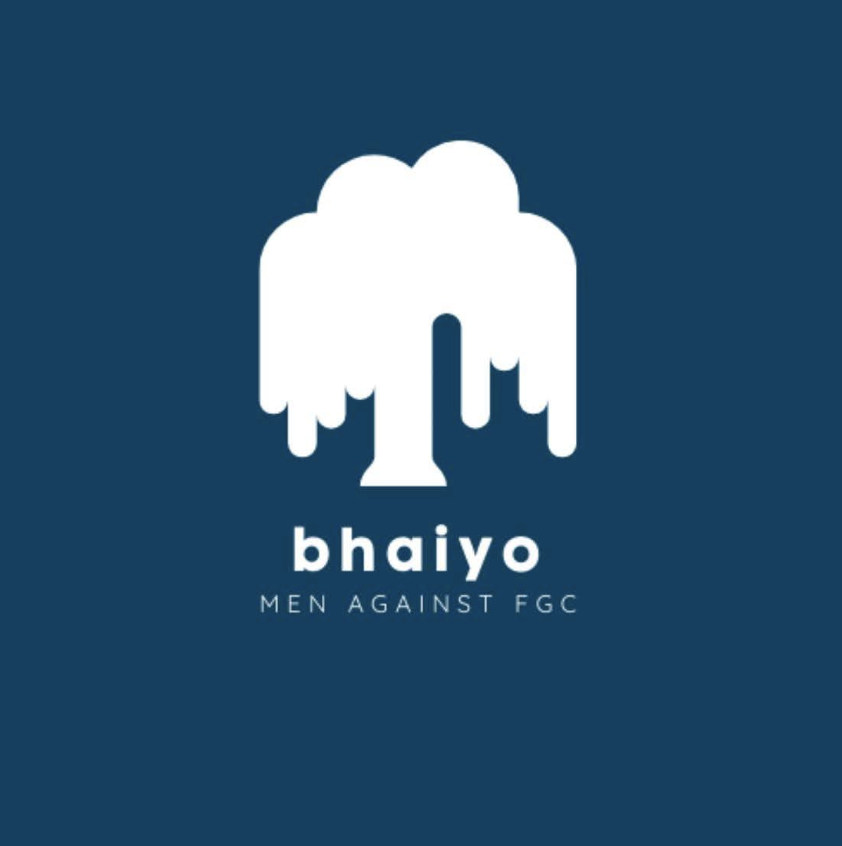By Urvashi Sharma
I recently spoke with Mohammad Chappalwala about being a Bhaiyo, or male ally, and some of his experiences. It was a great opportunity to learn more about Mohammad’s story, and the work he has done towards ending FGC. This story is just one example of the necessity for men to stand up and speak out, to help support the ending of this harmful practice from continuing.
Mohammad and Mr. N were initially connected through Sahiyo, as Mr. N was concerned about undergoing a separation from his wife and the potential implications of his young daughters being cut: “He has two daughters, now probably aged six and eight.”
Looking for a fellow father to speak with on this issue, Mr. N was introduced to Mohammad via Whatsapp, and a conversation on mutual interests ensued. Mohammad was pleasantly surprised by the fact that “he really was quite open about specific details in his life…because he was very invested in FGC not happening to his daughters.”
Soon, Mohammad was able to provide advice on the matter: “I started with small suggestions of ways in which he could approach the issue based on what I had learnt from the [Sahiyo Activists] Retreat, talking with Aarefa etc., and we decided that he would speak with his wife first and convince her not to give in to what her parents wanted to be done to the daughters. I suggested this because in my experience, most elderly members (age 60+) of the community are very rigid in their thinking and are difficult to convince.”
Mr. N had never spoken with his wife about their daughters undergoing FGC, and wanted to include Mohammad in the effort to convince his wife that his daughters should not be cut. “In the end I talked to his wife and she said that she was also against FGC and that she would not let it happen to her children regardless of the stance of her relatives.”
Afterwards, Mohammad was able to share this good news with Mr. N. “I went back… and told him that his wife was mostly sorted and that he shouldn’t worry that much anymore.”
The two men stay in touch on and off, and this interaction led Mohammad to “ think of more complicated cases and how we reach those people. How do we tell them that we exist?” Ultimately, we agreed that storytelling itself is powerful in that if you hear about something that has happened to you from a person to whom it has also happened, you will find greater comfort in that. Through the work that we do at Sahiyo of sharing stories and connecting survivors and allies, there is an emphasis on making sure that everyone feels equally heard and represented. As another member from Bhaiyo Murtaza Kapasi has said: “Bhaiyo allows men to have open and honest conversations about topics they may or may not know should be important to them. As brothers, it’s our collective responsibility to leave the world safer than we found it for those that we love. Bhaiyo aims to raise awareness to help advocates and survivors working to end FGC today.”
Sahiyo’s Editorial Team aims to make the storytelling process more accessible. Zoom Interviews are an option for anyone who is uninterested in the writing experience, but still looking to share their story. Please contact This email address is being protected from spambots. You need JavaScript enabled to view it. for more information.

